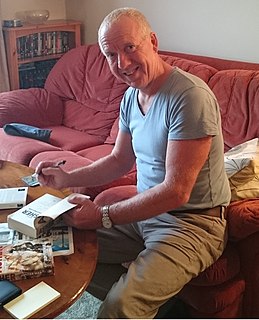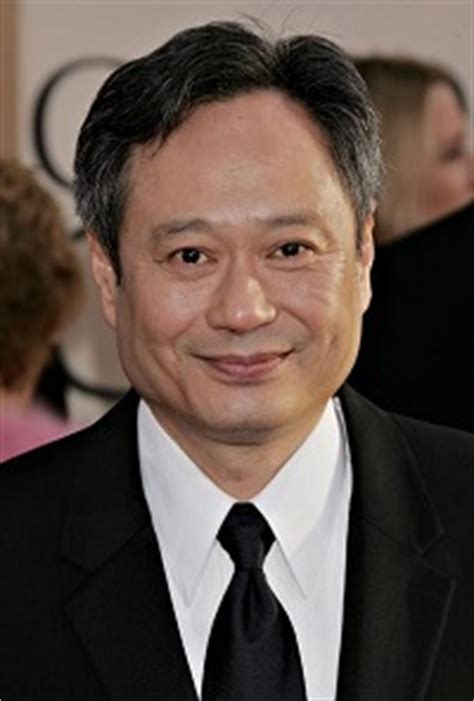A Quote by Ray Tomlinson
I still like complete sentences that are grammatically correct without spelling errors. I don't always achieve this, and it is irksome to read a message I have sent and discover errors. I know I often leave out words in e-mail, not by choice, but because of the way my brain works.
Related Quotes
When you reach the editing stage, it is often the case that you can get too involved with the story to detect errors. You can see words in your head that aren't actually there on the page, sentences blur together and errors escape you, and you follow plot threads and see only the images in your skull.
Progress is the exploration of our own error. Evolution is a consolidation of what have always begun as errors. And errors are of two kinds: errors that turn out to be true and errors that turn out to be false (which are most of them). But they both have the same character of being an imaginative speculation. I say all this because I want very much to talk about the human side of discovery and progress, and it seems to me terribly important to say this in an age in which most non-scientists are feeling a kind of loss of nerve.
I overanalyze things way too much, to the point where it affects my life. Like, when I'm talking to a boy, I'll overanalyze a text message he sent. And I have to think to myself, 'Just chill out. Some guy sent me a text message. That's all. Don't read something into it that's not there. Just be glad he sent you a text message!'
I want to be able to speak with errors in my wording, errors in my grammar. When you type things into Google search, it corrects your words. With speech, I want it to be general enough, smart enough, to know 'No, he couldn't have meant these words that I think he said. He must have really meant something similar.'
To demarcate [words in way that changes the meaning] is simply to speak a different language than everyone else. And I do not accept semantic games like that. [...] We need to use words as they are actually used and understood. We can correct errors and inconsistencies and make distinctions. But we can't try to foist an alien language on people.
I not only could not stifle controversy among your readers.. I welcome it. This Administration intends to be candid about its errors; for as a wise man once said: "An error does not become a mistake until you refuse to correct it." We intend to accept full responsibility for our errors; and we expect you to point them out when we miss them.





































